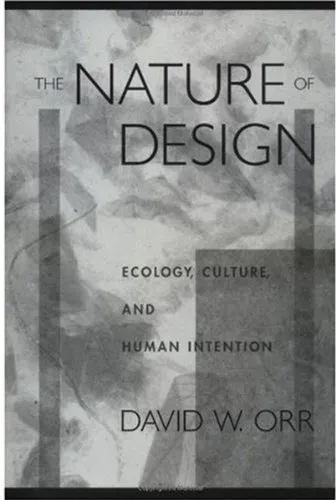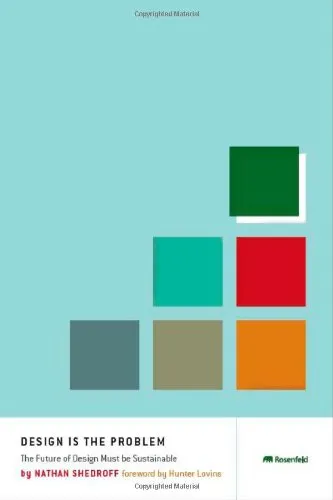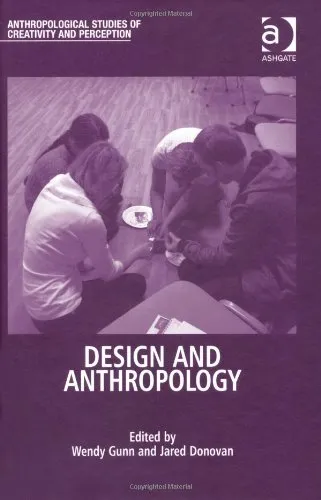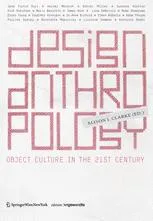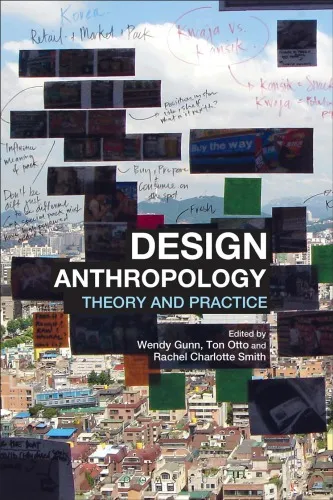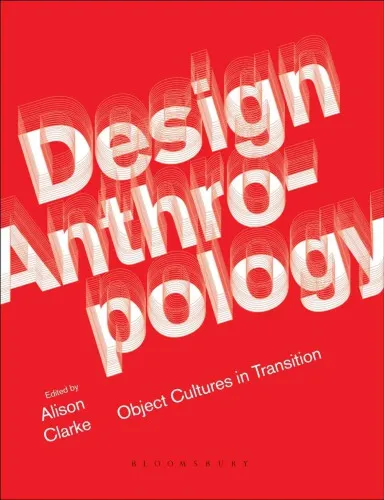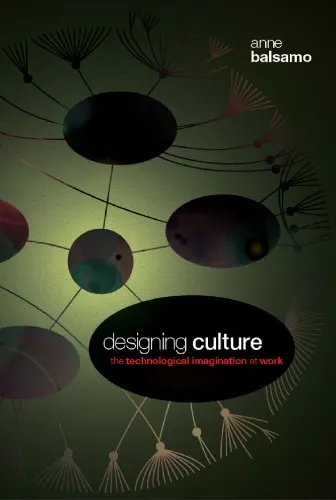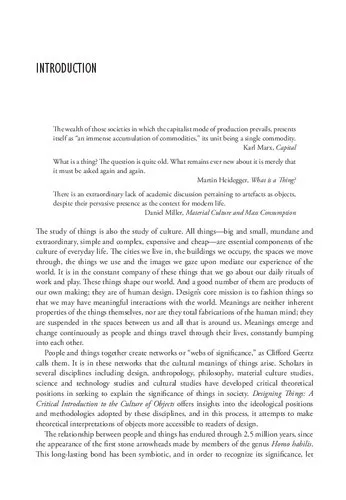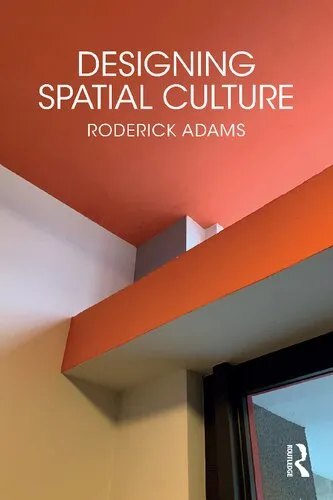The nature of design: ecology, culture, and human intention
4.6
Reviews from our users

You Can Ask your questions from this book's AI after Login
Each download or ask from book AI costs 2 points. To earn more free points, please visit the Points Guide Page and complete some valuable actions.Related Refrences:
Introduction to "The Nature of Design: Ecology, Culture, and Human Intention"
"The Nature of Design: Ecology, Culture, and Human Intention" by David W. Orr is a profound exploration of the intersection between ecological sustainability, cultural values, and the design choices that shape the human experience. In this compelling work, Orr challenges traditional paradigms of design and argues for a future rooted in ecological mindfulness, ethical responsibility, and creative synergy between humanity and the natural world. More than just a book about the environment, it is a call to rethink the way we design our lives, our institutions, and our societies to ensure a sustainable future for generations to come.
The book weaves together multiple disciplines, including ecology, ethics, philosophy, and design thinking, to argue the necessity of designing systems and structures that respect planetary boundaries. Orr critiques the disconnection between modern design practices and the ecological realities of planetary life, urging readers to adopt what he terms "ecological design." At its core, the book emphasizes that design is fundamentally an expression of human intention, and by reshaping these intentions, humanity can chart a course toward sustainability.
Detailed Summary of the Book
"The Nature of Design" is divided into several essays and chapters that collectively build a case for a more ecologically conscious approach to design. Orr begins by identifying the failures of conventional design and technological progress, which prioritize economic gains over ecological health. He argues that the roots of these failures lie in cultural attitudes that treat nature as a resource to be exploited rather than a system to be nurtured.
Orr presents the concept of ecological design as a framework for moving forward. Ecological design is not simply about creating "green" buildings or technologies; it is about designing in alignment with natural systems and patterns. The book explores how communities, institutions, and governments can embrace this philosophy in practical terms.
A significant portion of the book addresses the role of education and cultural transformation in fostering ecological awareness. Orr critiques the narrow focus of modern education systems and calls for a shift toward teaching values, ethics, and systems thinking. He contends that true ecological intelligence requires more than technical solutions; it demands a cultural shift toward long-term thinking and interconnectedness.
Throughout the text, Orr connects large-scale environmental challenges—such as climate change and biodiversity loss—to the cultural and ethical choices humans make. He stresses that these issues are not separate "environmental" problems but are fundamentally tied to how societies design their economies, technologies, and political systems.
Key Takeaways
- Design is an expression of human intention, and it must align with ecological principles to ensure sustainability.
- Modern design practices have largely been detached from the ecological realities of the planet, leading to environmental degradation.
- Ecological design goes beyond aesthetics or function; it is about harmony with natural systems and ethical responsibility.
- Education and cultural transformation are essential to fostering ecological awareness and long-term thinking.
- Ecological problems cannot be solved through technology alone; they require systemic redesign and cultural shifts.
Famous Quotes from the Book
Here are some of the most thought-provoking quotes from "The Nature of Design":
"The planet does not need more 'successful' people. But it does desperately need more peacemakers, healers, restorers, storytellers, and lovers of every kind."
"Design is the first signal of human intention. If we want to create a sustainable world, it starts with designing systems that are mindful of the planet's ecological limits."
"We are not separate from nature; our designs must reflect our interdependence with the ecosystems around us."
Why This Book Matters
"The Nature of Design" is a critical contribution to the ongoing conversations about sustainability, education, and the future of humanity. Its importance lies in its ability to connect the dots between ecology, culture, ethics, and human intention, offering a holistic vision for the future. At a time when the world faces unprecedented environmental and social challenges, Orr's insights are both a warning and a guide.
The book resonates with educators, designers, policymakers, and activists, serving as a reminder that our collective future depends on the decisions we make today. By rethinking how we approach design—whether it is in architecture, urban planning, or social systems—Orr provides a pathway toward a society that thrives within the limits of the natural world. This book matters because it challenges readers to think critically about the legacy they will leave behind and inspires them to be active participants in the creation of a sustainable future.
Free Direct Download
You Can Download this book after Login
Accessing books through legal platforms and public libraries not only supports the rights of authors and publishers but also contributes to the sustainability of reading culture. Before downloading, please take a moment to consider these options.
Find this book on other platforms:
WorldCat helps you find books in libraries worldwide.
See ratings, reviews, and discussions on Goodreads.
Find and buy rare or used books on AbeBooks.
1343
بازدید4.6
امتیاز0
نظر98%
رضایتReviews:
4.6
Based on 0 users review
Questions & Answers
Ask questions about this book or help others by answering
No questions yet. Be the first to ask!
